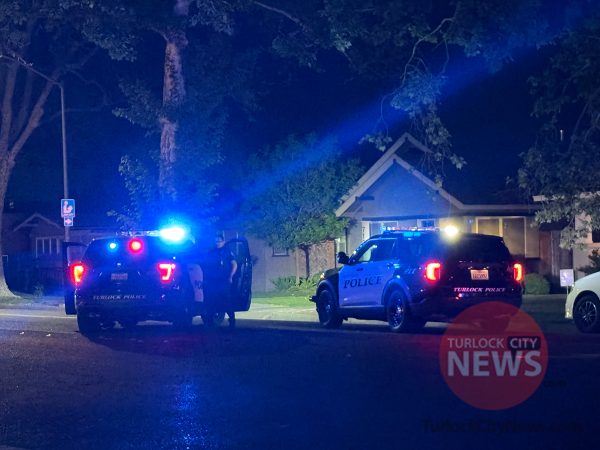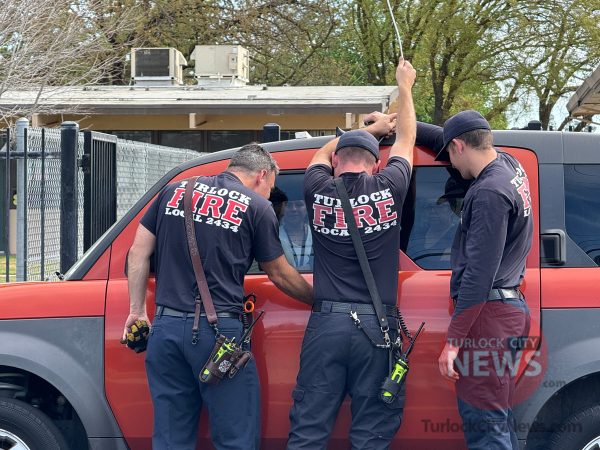Two propositions are on the Stanislaus County ballot for the June 3 election: Proposition 41, concerning the Veterans Housing and Homeless Prevention Bond Act of 2014, and Proposition 42, concerning public records, open meetings, and state reimbursement to local agencies. Proposition 41 is a legislative bond act requiring majority approval; Proposition 42 is a legislative constitutional amendmendment also requiring majority approval.
Proposition 41
According to the State Attorney General, Proposition 41 authorizes $600 million in general obligation bonds for affordable multifamily supportive housing to relieve homelessness, affordable transitional housing, affordable rental housing, or related facilities for veterans and their families.
The fiscal impact according to the Legislative Analyst’s Office are increased state bond repayment costs averaging about $50 million annually over 15 years.
Accordingly, a yes vote on the measure means the state would sell $600 million in general obligation bonds to fund affordable multifamily housing for low-income and homeless veterans.
A no vote means the state would not sell $600 million in general obligation bonds to fund affordable multifamily housing for low-income and homeless veterans.
Arguments for Proposition 41 include that a yes vote means simply redirecting $600 million of previously approved, unspent bond funds to construct and rehabilitate housing for California's large population of homeless veterans. According to those in favor of the measure, this Act will construct affordable, supportive, and transitional housing for homeless and near homeless veterans without raising taxes.
Arguments against Proposition 41 include that the measure would authorize the State to borrow (by selling bonds) $600 million out of $900 million in bonds previously approved by voters in 2008 for use by the CalVet Home and Farm Loan Program. Voters against the measure argue that such a diversion of funds may not be wise.
Proposition 42
According to the State Attorney General, Proposition 42 requires local government compliance with laws providing for public access to local government body meetings and records of government officials and eliminates reimbursement for costs of compliance.
A description of the fiscal impact from the Legislative Analyst’s Office reads that the measure would mean reduced state payments to local governments in the tens of millions of dollars annually. The Office also states that the measure could mean potential increased local government costs of tens of millions of dollars annually from possible additional state requirements on local governments to make information available to the public.
Voting yes for Proposition 42 means the state would not be required to pay local governments for costs to follow state laws that give the public access to local government information.
Voting no means the state would still be required to pay local governments for certain costs of providing public access to local government information.
Those who argue for Proposition 42 say that the measure will cement in the Constitution the public's right to know what the government is doing and how it is doing it. Local agencies shouldn't be allowed to deny a request for public information or slam a meeting door shut based on cost. Vote YES on Proposition 42.
Those who are against Proposition 42 argue that the measure would amend the California Constitution to impose the cost of complying with the California Public Records Act and local open meeting laws upon the local governments involved. They offer that an alternative, not offered by this proposition, would be to impose the cost upon the state government.







